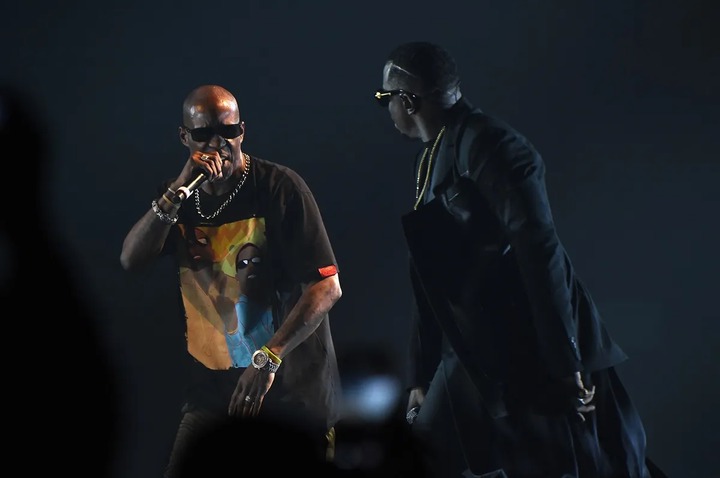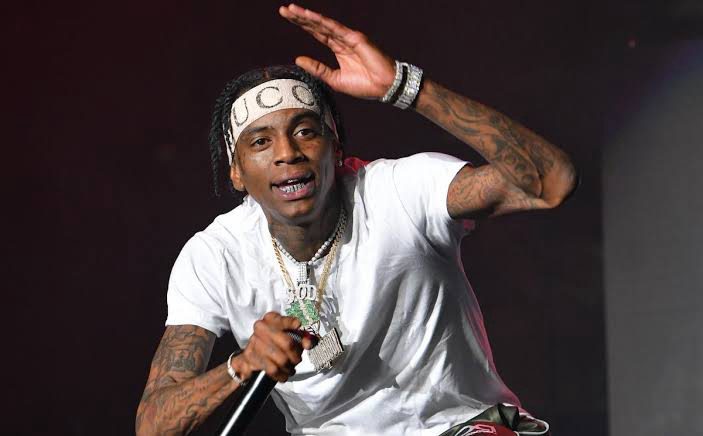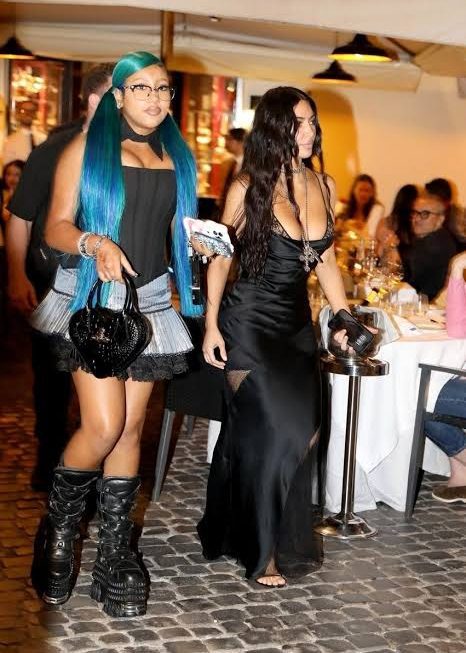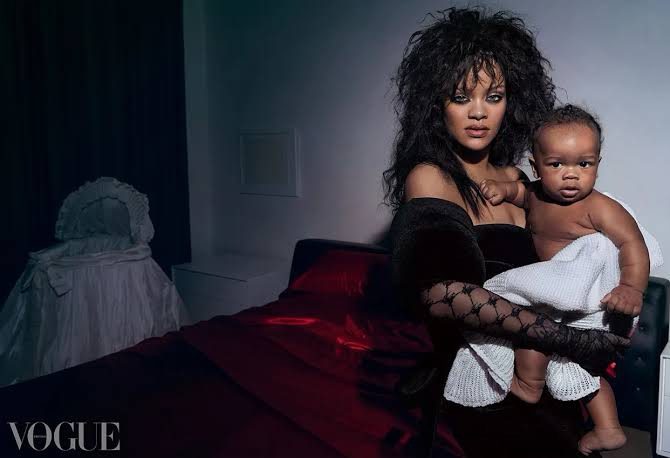Sean “Diddy” Combs may have built Bad Boy Records into one of the most successful hip-hop labels of the 1990s, but he also missed out on signing several rap legends, including DMX. The late rapper, known for his raw, aggressive style and introspective lyricism, ultimately found success at Def Jam Records—but not before Diddy let him know exactly why he wasn’t a fit for Bad Boy.
Why Diddy Rejected DMX
In a 2016 Drink Champs interview, DMX recalled being turned down by Diddy after Ruff Ryders co-founder Darrin “Dee” Dean pitched him to the Bad Boy mogul.
“One thing I respect about Puff is that at least he told me to my face what he felt,” DMX said. “Dee told Puff, ‘If you like The Lox, you’re gonna love X.’ I spit, or whatever, and he was like, ‘His voice too rough and you’re not marketable.’”
DMX admitted he didn’t like the rejection, but he respected Diddy for being honest about why he wasn’t the right fit for Bad Boy’s brand.
Irv Gotti Saw the Potential Diddy Didn’t
While Diddy dismissed DMX’s raw, gritty sound, Irv Gotti saw the rapper’s potential early on. After joining Def Jam Records, Gotti made signing DMX his top priority. However, his bosses weren’t convinced—and even laughed at the idea.
“Every meeting after that, I’m saying, ‘Yo, when can we sign DMX?’ And they not letting me do it,” Gotti recalled. “So, I quit.”
His dramatic ultimatum worked. Def Jam agreed to sign DMX, setting the stage for one of the most iconic careers in hip-hop.
Diddy Tried to Get DMX Back—But It Was Too Late
Once Diddy realized he had made a mistake, he tried to bring DMX to Bad Boy, offering him more money than Def Jam.
“He was like, ‘I’ll lace your pockets. I’ll double what they gave you and lace your pockets,’” DMX revealed.
Despite the tempting offer, DMX remained loyal to Def Jam, a decision that paid off when he became one of hip-hop’s biggest stars.
How DMX Helped Save Def Jam
At the time, Def Jam was struggling to keep up with Bad Boy’s flashy, high-energy sound. Executives Lyor Cohen and Kevin Liles admitted that Diddy’s brand of hip-hop was making them question their place in the industry.
“Puffy was changing the conversation, going from black-and-white and shades of gray to high technicolor,” Cohen explained.
But when DMX burst onto the scene, he proved that gritty, street-oriented rap was still in high demand. His multi-platinum debut album, It’s Dark and Hell Is Hot (1998), and his equally successful follow-up, Flesh of My Flesh, Blood of My Blood, reaffirmed Def Jam’s dominance.
“DMX let people know that all that aspirational, technicolor stuff has a place, but we’re still living in a black-and-white world,” Cohen added. “And that’s what we represent.”
DMX’s Legacy: A Success Story That Almost Didn’t Happen
Diddy’s rejection could have derailed DMX’s career, but instead, it pushed him toward a label that truly believed in him. His success not only cemented his place in hip-hop history but also helped keep Def Jam afloat during a pivotal time.
While Diddy built Bad Boy around artists like The Notorious B.I.G., Mase, and Total, DMX became the face of a grittier, more street-oriented rap movement—one that might never have taken off if he had signed with Bad Boy.





